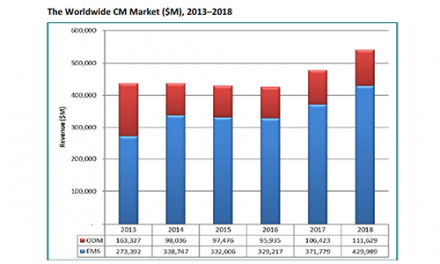USTR Issues Proposed Tariff List on Nearly $300 Billion of Chinese goods

Originally published on the Pillsbury Global Trade and Sanctions Blog
By Nancy A. Fischer, Stephan E. Becker and Sahar J. Hafeez
|
Further to our prior blog post, on May 13, 2019, at the direction of President Trump, the Office of U.S. Trade Representative (“USTR”) published a proposed tariff list covering approximately $300 billion worth of Chinese imports to be subject to higher duties pursuant to the determinations previously made under Section 301. USTR explained that the United States and China have been engaged in negotiations on a range of issues, including, among others, forced technology transfer, intellectual property protection, non-tariff barriers, cyber intrusions and cyber theft, services and agriculture. According to USTR, shortly in advance of the last scheduled round of negotiations, , China “retreated from specific commitments made in previous rounds”, prompting the United States to propose a fourth list of products subject to additional duties (see here and herefor a discussion regarding Lists 1, 2, and 3). In a notice published in the Federal Register, USTR stated that the proposed list covers essentially all products from China not currently subject to the higher duties previously imposed, with the exception of “pharmaceuticals, certain pharmaceutical inputs, select medical goods, rare earth materials, and critical minerals.” The proposed list can be found here on USTR’s website. As it has done with its prior lists, USTR will finalize the new list following a public notice and comment process, including a hearing. USTR has requested comments regarding:
USTR requests that, in commenting on the inclusion or removal of particular tariff subheadings provided in the proposed list, commenters address specifically whether imposing increased duties on a particular product would be practicable or effective to obtain the elimination of China’s acts, policies, and practices subject to the Section 301 investigation (discussed here), and whether imposing additional duties on a particular product would cause disproportionate economic harm to U.S. interests, including small- or medium-size businesses and consumers. The relevant deadlines for public comment are as follows:
USTR clarified that product exclusions expressly granted by USTR from the duties imposed on prior lists from the Section 301 investigation will not be affected. |











